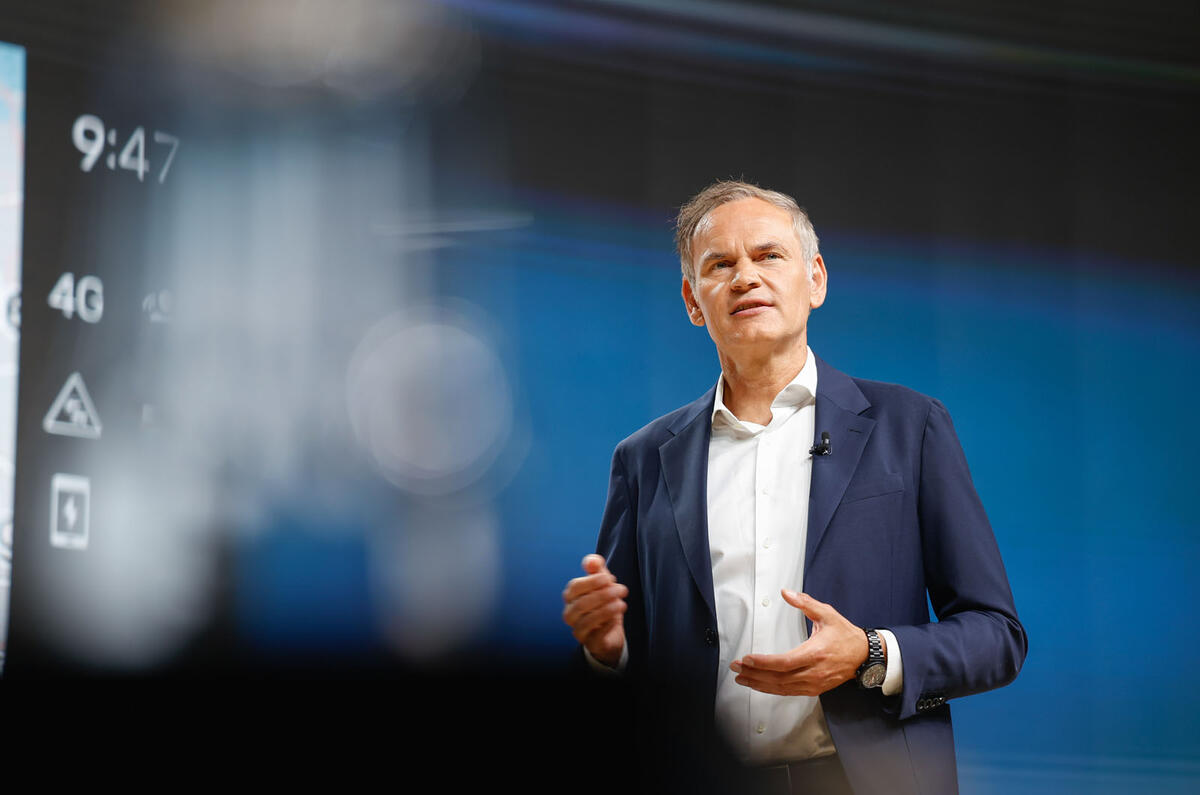Volkswagen Group CEO Oliver Blume has issued a frank warning to shareholders that the company must take urgent steps to become more cost-efficient and agile.
Speaking at the company’s AGM in Wolfsburg, Blume acknowledged early progress in the company’s restructuring strategy but stressed that inefficiencies continue to hamper its financial performance.




Add your comment